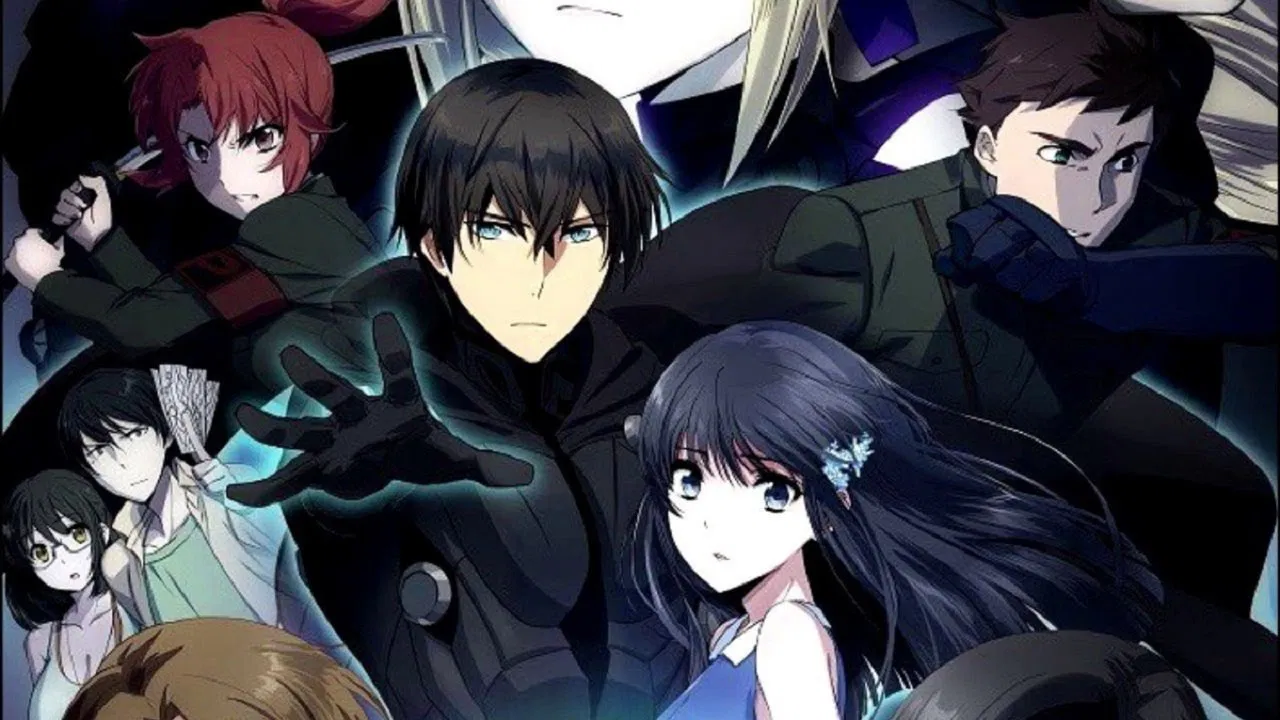Recent controversy has emerged in the anime world, as the use of AI technology to clone the voices of well-known voice actors has sparked legal action. Major anime studios are facing lawsuits for employing AI-generated voice models without obtaining consent from the original actors. This practice, which allows studios to use AI to replicate voices for new projects, has raised serious ethical concerns, leading to calls for regulation.
In a recent NPR report, several top voice actors have voiced their frustrations over this development. The actors argue that their voices—an essential part of their artistic identity—should not be cloned without their permission. They also raise concerns about the lack of fair compensation for their likenesses, particularly when AI-generated versions of their voices are used without regard for union agreements or compensation standards.
Legal Backlash and Industry Concerns

The legal ramifications of AI voice cloning are becoming clear, with multiple lawsuits filed against anime studios for using AI-generated voices without proper authorization. In Japan, where the anime industry is centered, these lawsuits are pushing for new laws to protect the rights of voice actors. Some legal experts believe that the current laws are outdated and need to be updated to cover new technologies like AI. These challenges have prompted the Japanese government to discuss potential regulations around AI usage, particularly when it comes to creative industries such as anime.
The rise of AI-generated voices has left many in the industry concerned about the future of voice acting. While some see the technology as an efficient way to cut costs, others worry it may lead to a loss of jobs and creative control for voice actors. In an effort to find a middle ground, various industry groups have suggested implementing guidelines for the ethical use of AI technology. However, these proposals have been met with mixed reactions, with many actors insisting that AI voice cloning should be outright banned unless the actors themselves are compensated.
Will the Industry Adapt?

The backlash from voice actors is forcing anime studios to reassess how they use AI in their productions. Several prominent studios have paused or canceled projects that involve AI-generated voices while they explore legal solutions. However, the growing interest in AI technology suggests that this issue may not be resolved quickly. As more studios and production companies consider the cost-saving potential of AI, the question of how to balance technological advancements with fair treatment for creative professionals remains a central debate.
The legal battle over AI voice clones is far from over, and it will likely set a precedent for how similar issues are handled in the future. As the anime industry faces mounting pressure, both from the public and the legal system, it will have to navigate the ethical and legal implications of using AI technology in a way that respects the rights of artists and performers.
Also Read: 15 Best Isekai Anime That Will Take You on a Wild Ride




